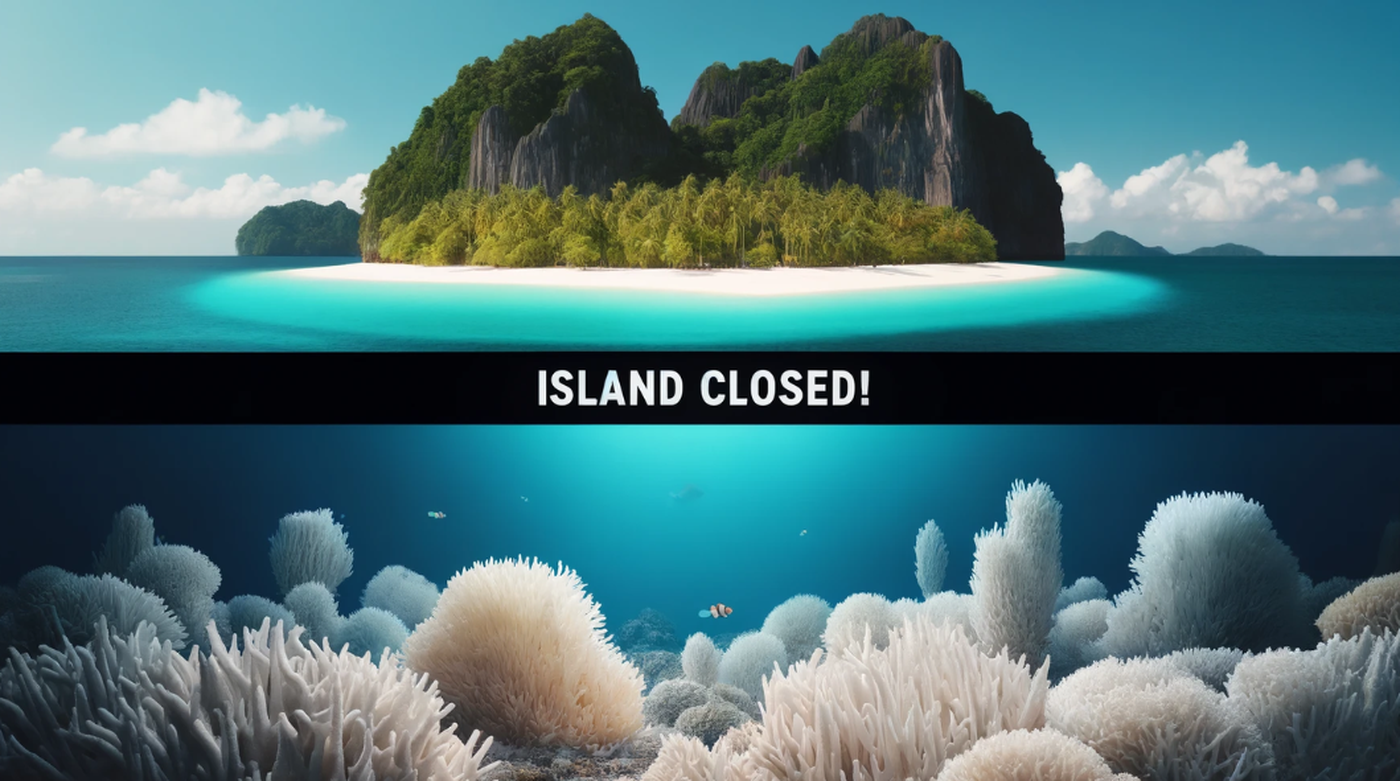Pling Island, a popular destination in Southern Thailand, was unexpectedly closed on May 9, despite it being peak tourist season. This decision was made following the discovery of extensive coral bleaching, which prompted authorities to act to protect the delicate marine environment.
Understanding Coral Bleaching
Coral bleaching occurs when corals, stressed by high temperatures and strong sunlight, expel the algae that live within them and provide them with colour and nutrients. This can leave the corals white and vulnerable, although they can recover if conditions improve and temperatures drop back to normal levels.
Response to Environmental Stress
The recent heat wave across Thailand and Asia led to increased ocean temperatures, exacerbating the bleaching. The Department of National Parks, Wildlife, and Plant Conservation announced the closure of the island and surrounding coral reefs to prevent further damage and give the ecosystem a chance to heal.
Monitoring and Protection Efforts
The Department is also keeping an eye on other national parks and marine areas like Koh Chang, Koh Samet, and the Phi Phi Islands, ensuring that the natural resources are preserved amidst changing climatic conditions. This proactive approach is part of a broader strategy to manage and protect Thailand’s marine biodiversity.
Pling Island’s Natural Beauty
Despite the closure, Pling Island is known for its stunning beaches, clear blue waters, and lush landscapes. It is a favoured spot for snorkelers and divers looking to explore vibrant coral reefs and diverse marine life. The island offers a peaceful getaway with ample opportunities for relaxation and adventure in nature.
Historical Context and Future Outlook
Periodic closures are not new in Thailand; they are necessary steps to maintain and recover the natural beauty that attracts millions of tourists each year. For example, Maya Bay was closed for over four months in 2018 to rehabilitate its coral reefs. Such measures underline Thailand’s commitment to sustainable tourism and ecological conservation.
As Pling Island takes this restorative break, visitors and the global community alike hope for a swift and full recovery of its coral reefs, ensuring that it remains a captivating destination for future generations.








